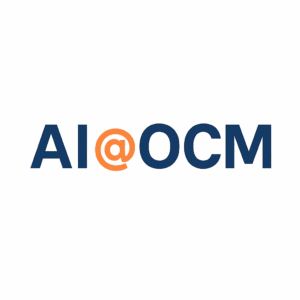Introduction Artificial Intelligence (AI) has become a critical driver of business transformation. Companies that integrate AI successfully experience increased productivity, cost savings, and competitive advantages. Yet, despite massive investments in AI, over two-thirds of AI initiatives fail to deliver expected results. A recent BCG report …











